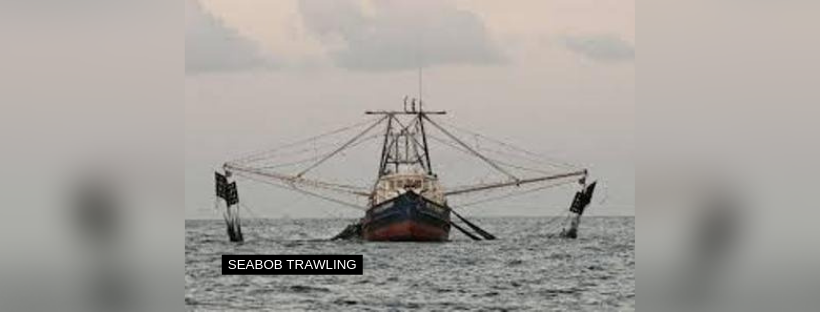The Guyana Seabob shrimp (Xiphopenaeus kroyeri) fishery in the Western Central Atlantic has been certified sustainable against the Marine Stewardship Council (MSC) fisheries standard.
The assessment, executed by independent conformity assessment body Vottunarstofan Tun EHF, was requested by the Guyana Association of Trawler Owners and Seafood Processors in 2018 following a Fisheries Improvement Project started in 2012.
Guyana Seabob shrimp is a decapod crustacean typically found on mud or sand substrates in both marine and brackish waters. Seabob shrimp are a fast growing species with a typical lifespan of 18 months. The Guyana Seabob is caught by bottom and shrimp trawls.
MSC’s Regional Director of the Americas, Brian Perkins, said, “The Guyana Seabob shrimp fishery has demonstrated the importance of sustainable fishing by making improvements and meeting the requirements of the MSC standard. Congratulations to the Guyana Association of Trawler Owners and Seafood Processors on this achievement – we’re proud to have another well-managed Latin American fishery in the MSC programme.”
The fishery has made strong improvements in recent years which helped reach a score necessary to meet the MSC standard. The fishery implemented a number of management improvements including developing an inshore no trawl zone in response to scientific advice, requiring Bycatch Reduction Devices for all nets, adopting on-board closed circuit TV cameras on all vessels, among others.
While this is a first for a fishery entering the MSC program from Guyana, another unit of assessment of seabob was certified in 2011 in neighboring Suriname.
The fishery is certified until 2024 and will undergo annual audits within that timeframe to ensure the MSC standard continues to be met.
The MSC is an independent, nonprofit organisation dedicated to sustainable fisheries and seafood.













